REMAINING MATERIALS
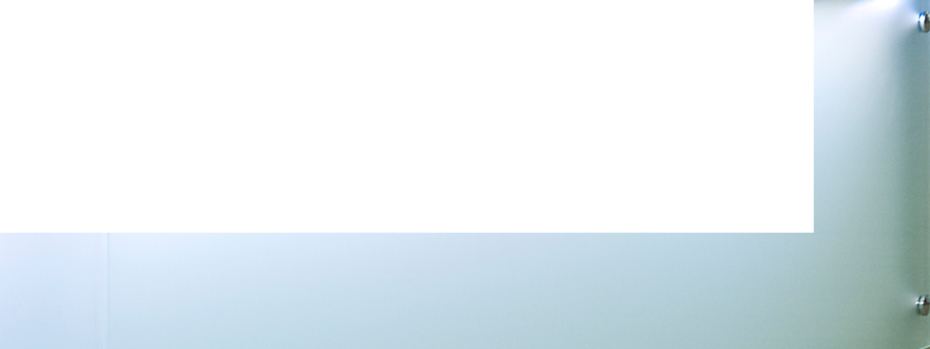
UNIQUE HORECA KITCHENS
COMPOSITE
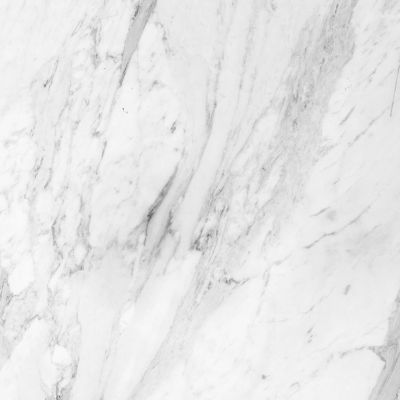
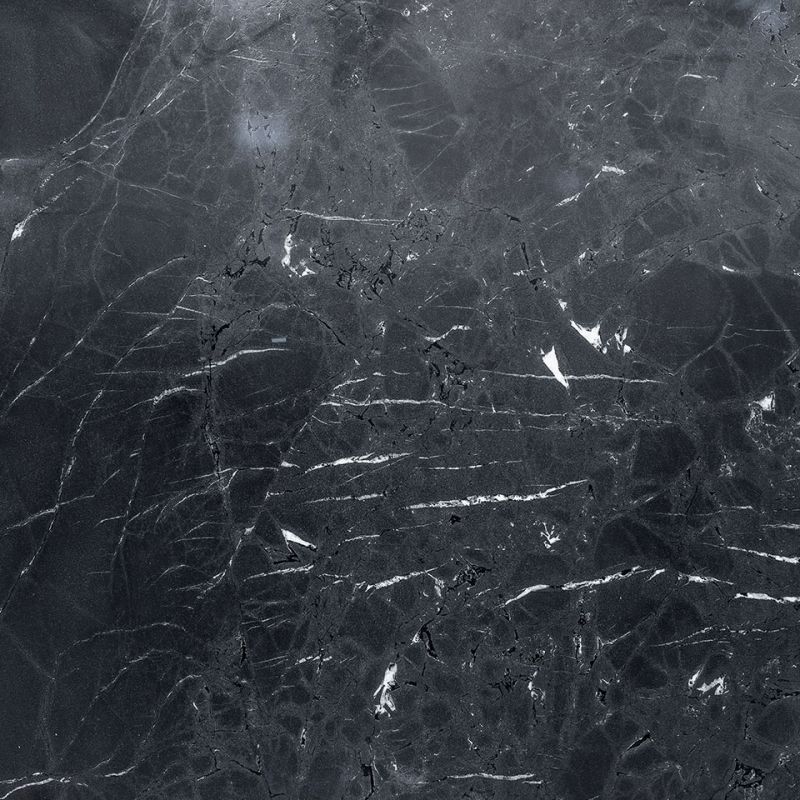
DEKTON
CERAMICS
A ceramic top consists of layers of ceramic material, formed by heating and pressure. This gives ceramics the allure of natural stone, looks tough and natural and combines well with other materials. Furthermore, a ceramic worktop has many practical advantages. The material is hard; even harder than granite. Ceramic is low-maintenance and remains beautiful, thanks to its scratch resistance and water resistance.
Because the material is non-porous, moisture does not affect it and food residues do not penetrate it. This gives it a high and high stain resistance. A very famous property of a ceramic worktop is its heat resistance; suitable up to approximately 450 degrees Celsius! A ceramic worktop is sensitive to acids, hard abrasives and aggressive chemical products and less resistant to point load.
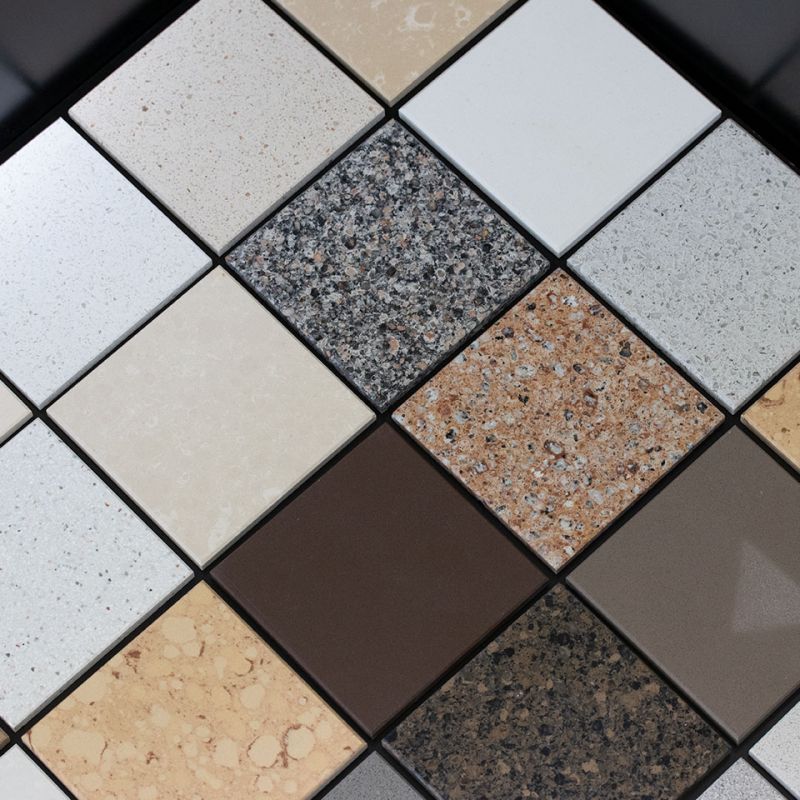
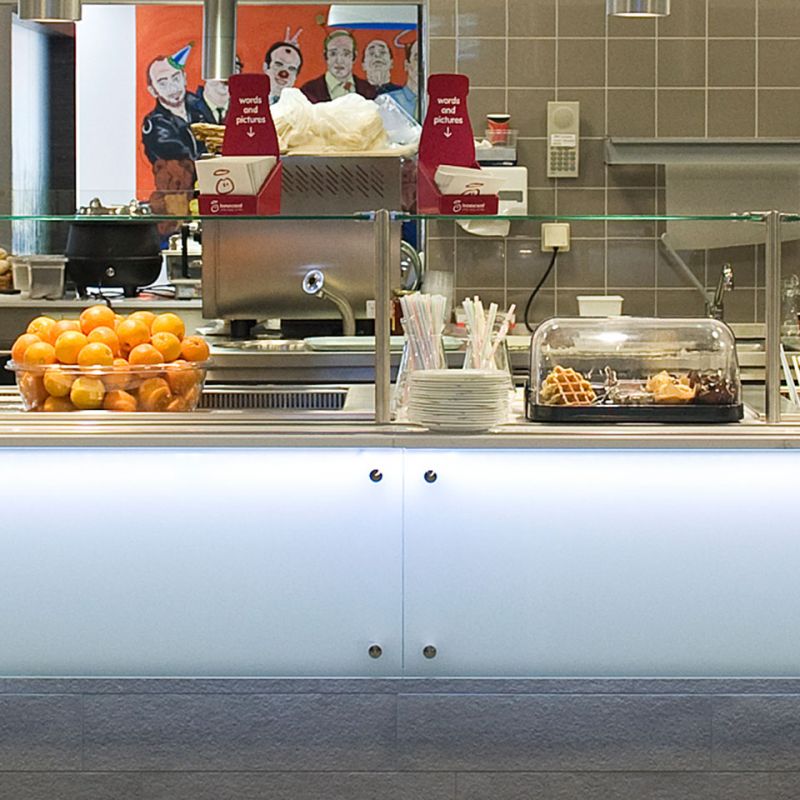
GLASS
Glass is completely inorganic and does not emit volatile organic compounds. This makes glass a healthy and easy-to-maintain material and ideal for interiors. Where high hygiene requirements apply, glass is ideally suited. Glass is easy to maintain due to its smooth surface and resistance to cleaning products.
There are various types of decorative glass on the market and a choice can be made based on the desired transparency and decorative effects. A number of types are transparent, extra clear, coloured, translucent printed, sanded, lacquered, anti-reflective and mirror glass. Glass is used for, among other things, curbs, showcases and decorative purposes.

